5th floor, Lakshmi Sharada Arcade,
6th Main Road, No 251,
17th Cross Road,Sector 7,
HSR Layout,Bangalore,
Karnataka-560102
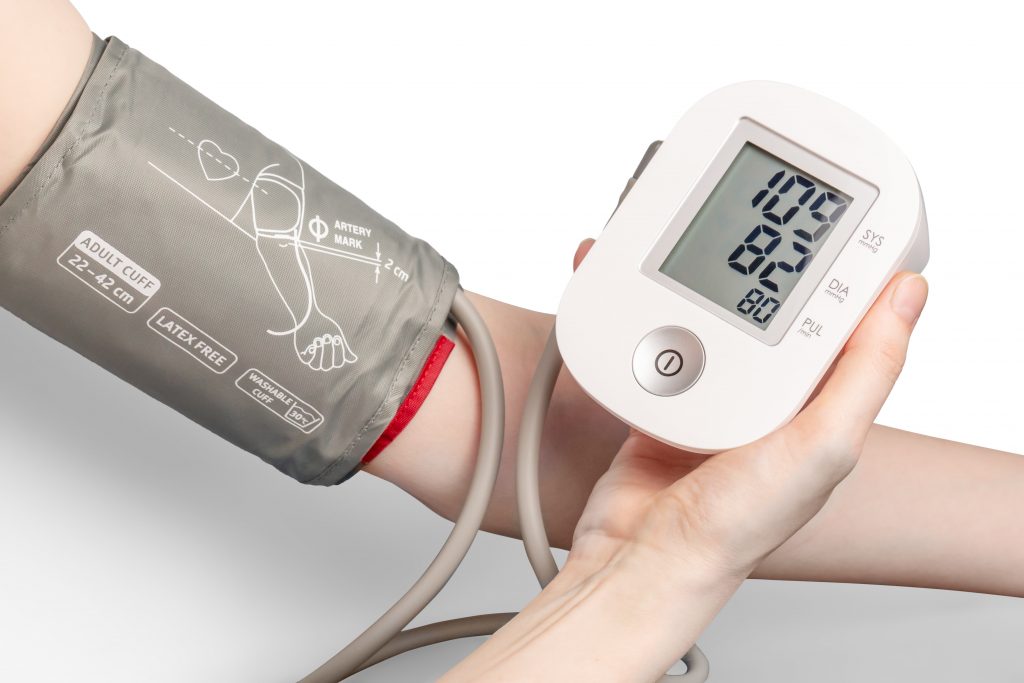
High blood pressure (hypertension) is called the "silent killer" for good reason. It often has no symptoms but is a major risk of heart disease and stroke.
The good news is you can make changes to significantly reduce your numbers and lower your risk.
Continue reading to find some effective ways to lower your blood pressure.
Increase activity and exercise more
As you increase your activity, your heart gets stronger and pumps with less effort. This puts less pressure on your arteries and lowers your blood pressure.
Increasing your activity level can be as simple as walking the stairs or taking the bus instead of driving. The results are as good as some blood pressure medications.
Reference
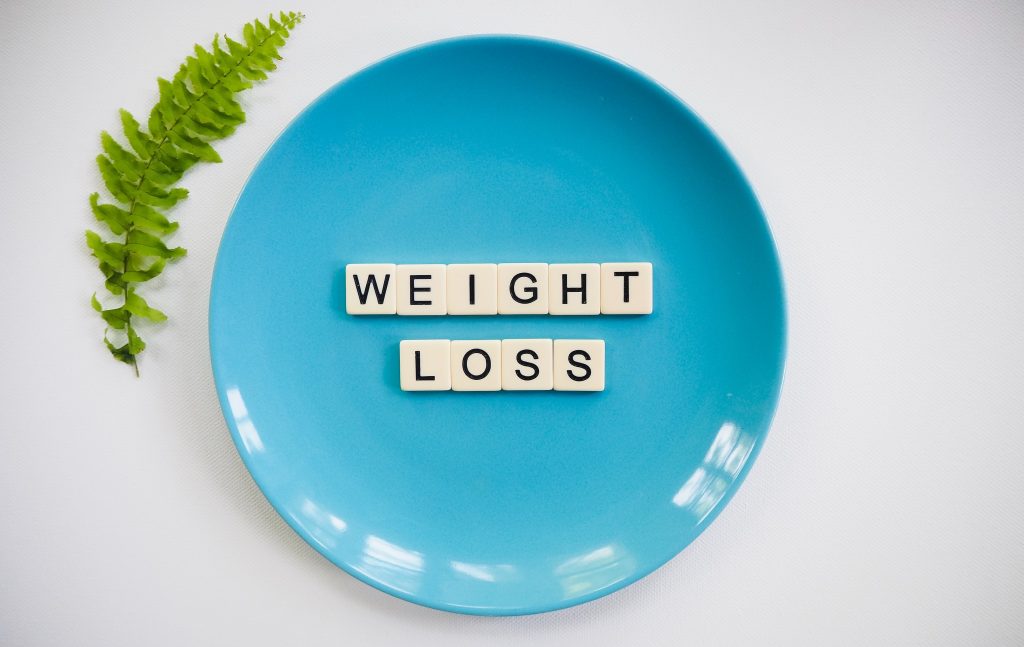
Lose weight if you’re overweight
If you’re overweight, losing weight can reduce your blood pressure. Plus, you’ll lower your risk of other potential medical problems.
A review of several studies reports that weight loss diets reduced blood pressure by an average of 3.2 mm Hg diastolic and 4.5 mm Hg systolic.
Reference
Stop smoking
Smoking causes an immediate but temporary increase in your blood pressure.
In the long term, chemicals in tobacco can increase blood pressure by damaging your blood vessel walls.
Stopping smoking is good for your all-around health as well as your physical and emotional health.

Get good, restful sleep
Your blood pressure typically dips down when you’re sleeping.
People who experience sleep deprivation are at an increased risk of high blood pressure.
Regularly sleeping fewer than 7 hours a night and more than 9 hours is associated with an increased rate of high levels of blood pressure in middle-aged people, a study has found.
Reference
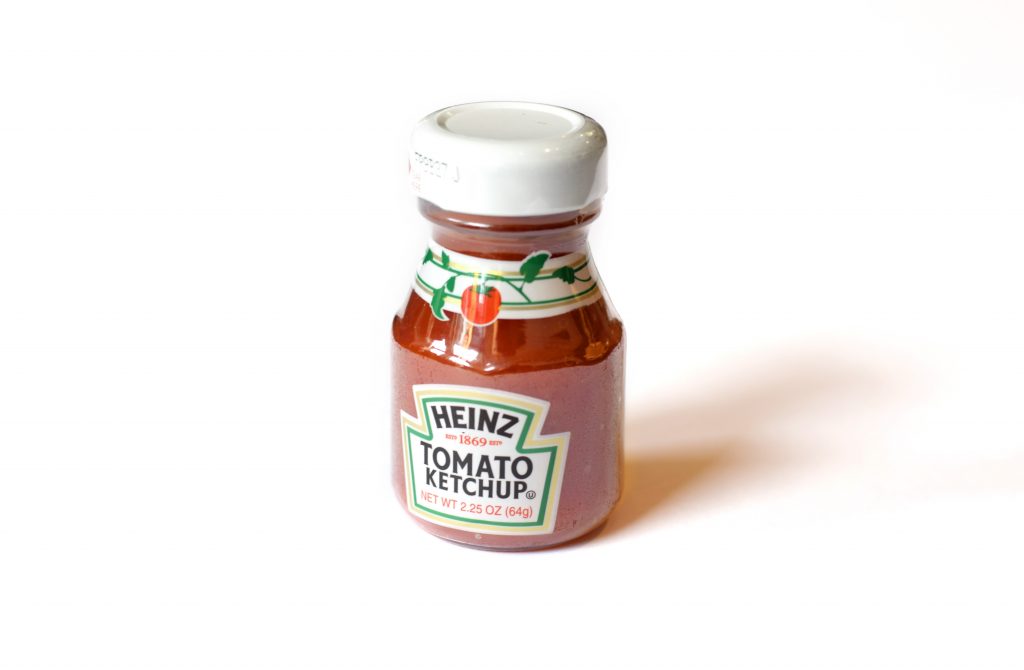
Eat less processed food
Most of the extra salt in your diet comes from processed foods like chips, heat-and-eat meals, instant noodles, cup soups, pickles, papads, ketchups, French fries, pizza and pasta sauces, etc. and foods from restaurants, not your salt-shaker at home.
Cutting down on — or even better, cutting out — processed food will help you eat less salt, less sugar, and fewer refined carbohydrates.
All of this can result in lower blood pressure.
Cut back on sugar and refined carbohydrates
Many studies show that restricting sugar and refined carbohydrates can help you lose weight and lower your blood pressure.
A 2020 study that compared various popular diets found that for people who with more weight or obesity, low carb and low-fat diets lowered their diastolic blood pressure by an average of about 5 mm Hg and their systolic blood pressure 3 mm Hg after 6 months.
Reference
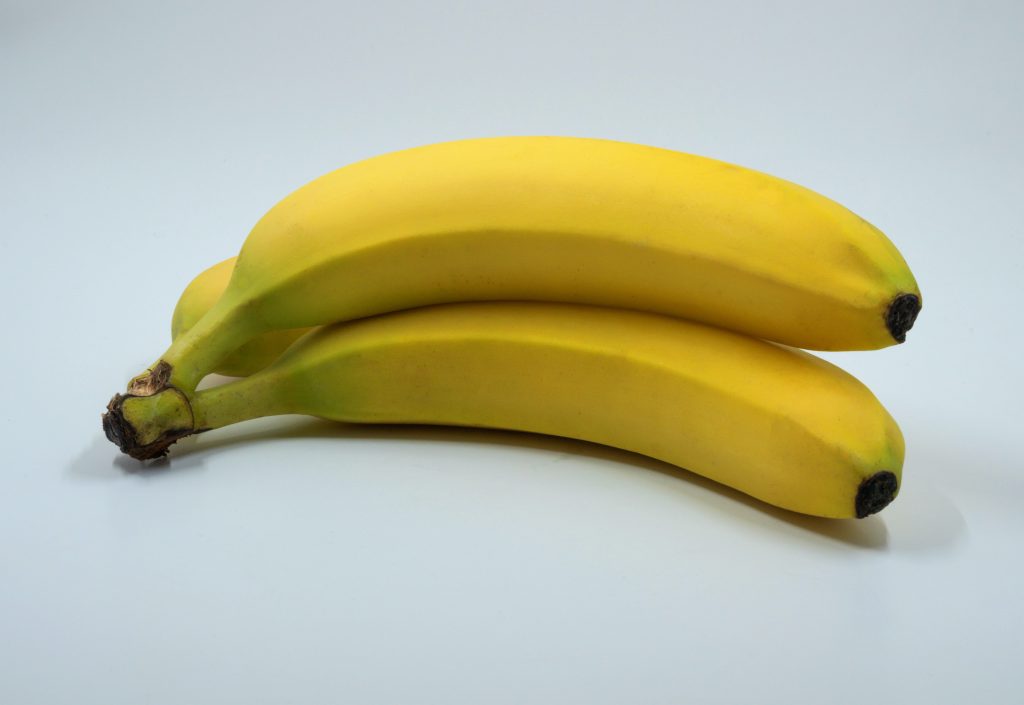
Eat more potassium and less sodium
Potassium is important because it reduces the effects of salt on the body and eases tension in the blood vessels.
Increasing your potassium intake can also lower your blood pressure.
Foods like banana, tomatoes, spinach are rich in potassium but a diet high in it may be harmful to people with kidney disease, so talk with your doctor before increasing your potassium intake.
Reduce excess stress
Practice deep breathing, take a walk and listen to music daily can help reduce blood pressure, according to the American College of Cardiology.
Deep breathing has been shown to reduce systolic blood pressure by up to 20% and is effective for both men and women.
Reference
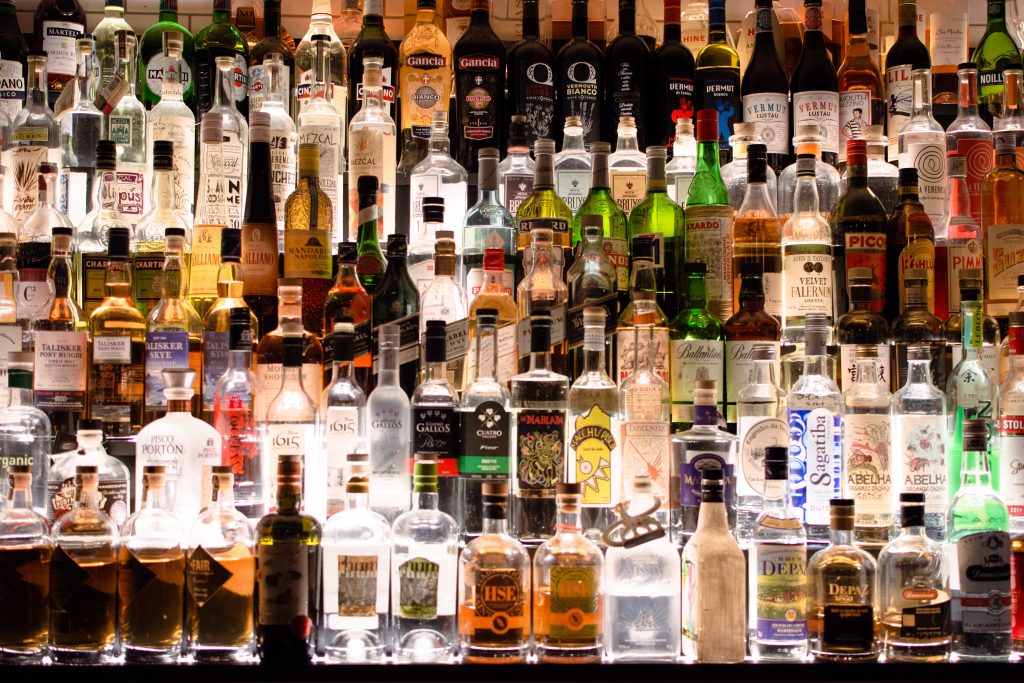
Drink less alcohol
Alcohol can raise your blood pressure, even if you’re healthy. It’s important to drink in moderation.
According to a 2006 study, alcohol can raise your blood pressure by 1 mm Hg for each 10 grams of alcohol consumed. A standard drink contains 14 grams of alcohol.
Reference
Eat healthy high protein foods
A long-term study concluded in 2014 found that people who ate more protein had a lower risk of high blood pressure. For those who ate an average of 100 grams of protein per day, there was a 40 percent lower risk of having high blood pressure than those on a low protein diet.
However, a high protein diet may not be for everyone. Those with kidney disease may need to use caution. It’s best to talk with your doctor.
Reference
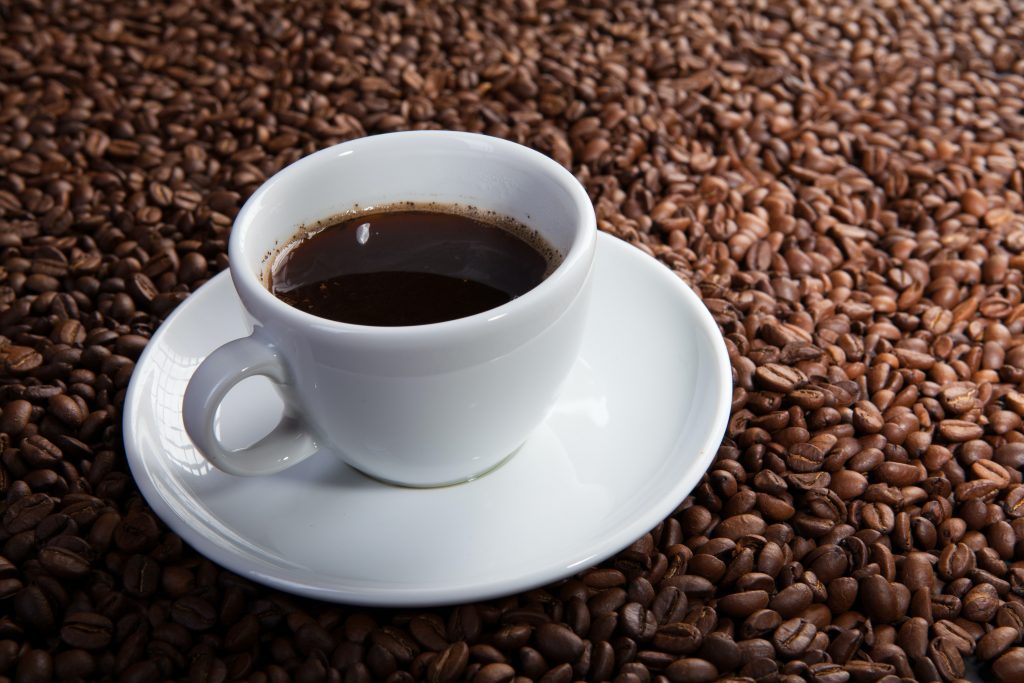
Consider cutting back on caffeine
Caffeine raises your blood pressure, but the effect is temporary.
Some people may be more sensitive to caffeine than others. If you're caffeine-sensitive, you may want to cut back on your coffee consumption or try decaffeinated coffee or energy drinks.
Reference
Try meditation or yoga
Yoga can help reduce stress and blood pressure.
A 2013 review found an average blood pressure decrease of 3.62 mm Hg diastolic and 4.17mm Hg systolic in yoga practice.
Studies of yoga practices that included breath control, postures, and meditation were twice as effective.
Reference

Eat some dark chocolate
Dark chocolate has been shown to lower blood pressure. The dark chocolate should be 60 to 70 percent cacao.
One to two squares of dark chocolate per day may help lower the risk of heart disease.
The benefits are thought to come from flavonoids present in chocolate with more cocoa solids. Flavonoids help dilate, or widen, your blood vessels and lower blood pressure..
Reference
Eat garlic or eat garlic supplements
Fresh garlic or garlic extract are both widely used to lower blood pressure.
A study found that for people with high blood pressure, garlic supplements reduced their systolic blood pressure by up to about 5 mm Hg and reduced their diastolic blood pressure as much as 2.5 mm Hg.
Reference
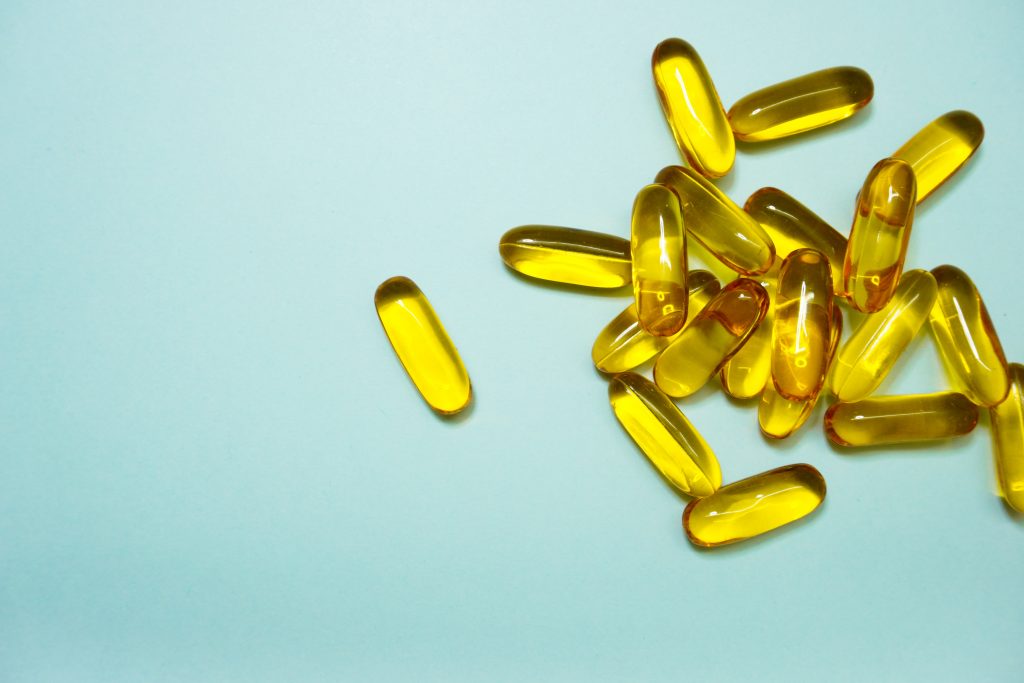
Take these BP-lowering supplements
Omega-3 polyunsaturated fatty acid.
Adding omega-3 polyunsaturated fatty acids or fish oil to your diet can have many benefits.
A meta-analysis of fish oil and blood pressure found a mean blood pressure reduction in those with high blood pressure of 4.5 mm Hg systolic and 3.0 mm Hg diastolic.
Reference
Take prescription medication
If your blood pressure is high, your doctor may recommend prescription drugs.
They work and will improve your long-term outcome, especially if you have other risk factors.
Talk with your doctor about possible medications.
Reference
Disclaimer: The advice provided is intended for informational purpose only and does not substitute for professional medical advice. Consult with your doctor if you’re seeking medical advice, diagnoses, or treatment.